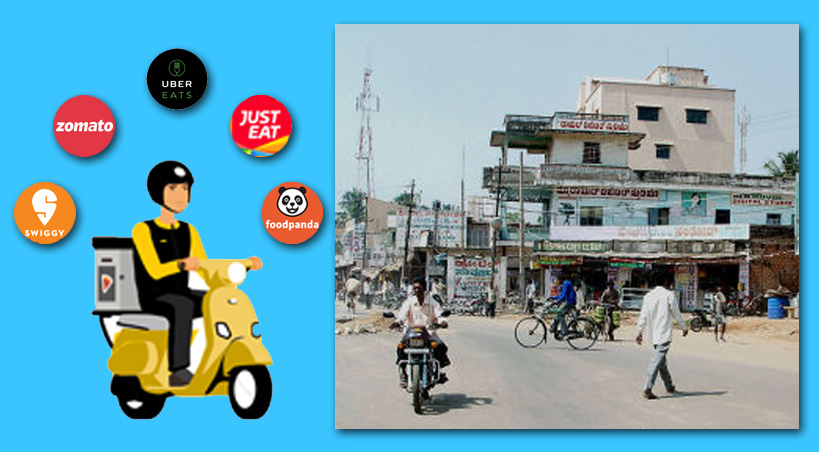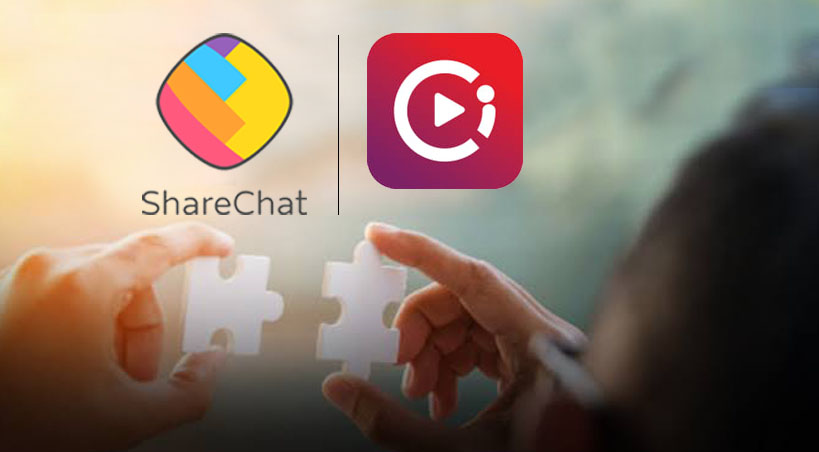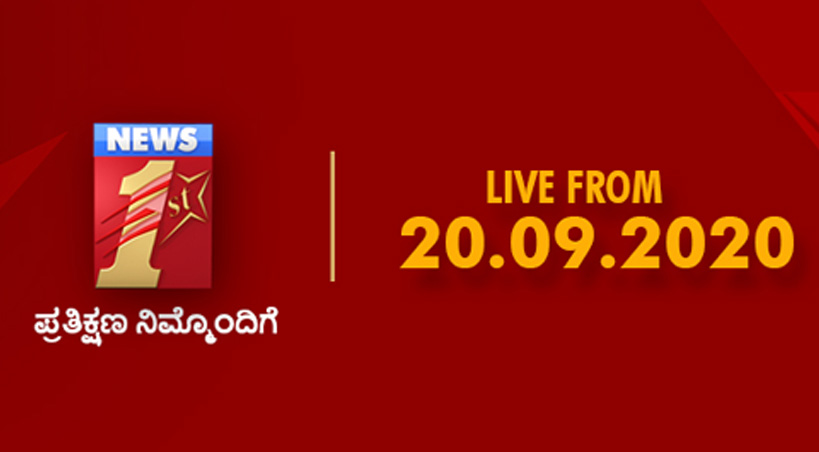Maruti Suzuki India Adopts ‘Digital’ As An Integral Part of its Business Model

Maruti Suzuki in a step towards making the company ready for any Covid related changes has taken a step towards a multi-pronged digital initiative in order to gain a competitive edge in the market even when situations are not appealing for a business environment to function smoothly.
Maruti Suzuki believes that digital in today’s world is not only a medium of communication but have also proved itself to be a critical part of the business, companies these days contribute one-fourth of their marketing budget for digital inclusions.
Shashank Srivastava, Executive Director (Marketing & Sales), Maruti Suzuki India, says, “digital adoption is not something new for the company.”
The journey of MSIL towards being digital started way back in 2005, when the company implemented a server-based dealer management system, while the operations on the shop floor were handled by robots in paint shops as well as in the welding areas. Ever since then the company has been progressively working towards improvising its digital capabilities.
“As a result, in the past three years, we have seen that more than 80 percent of customers’ purchase journey has become digital in some way or the other,” says Srivastava.
The pandemic has just been a wake-up call for the world for the adoption of more and more digital capabilities. Digitization has now taken a central position in all the strategies that are made in Maruti, whether it is customer acquisition, identifying customer needs, generating leads, branding, and marketing as well as dealer business, etc.
“About five years ago, digital used to be an advertising medium only for most companies. It was never seen as a marketing channel. Digital is no longer an advertising medium only. But, we understood it a long time back,” he adds while recalling MSIL’s move to set first social media command centers – Ignition – five years ago to listen to what its consumers say in real-time.
The world post covid 19 saw an increase in digital inquiries. Digital technologies are brought to use in nearly 35% of the total inquiries which were just 5% back in 2018-2019 and it rose to 13% in 2019-2020. “During the lockdown period, we saw more than 45 percent of our inquiries coming from digital channels only,” he says.
The data shows that 90% of the customers still search online before they make up their mind to buy a car, and all the pre-sale related formalities are done in a physical showroom. This results in Maruti, bringing into the scene a physical model to create a balance between an online and a dealership experience for the customers.
“The dealership or the last mile is an important experience point on digital because when a customer is ready to buy, he is looking for a dealer. Dealers need to be present online to meet the customer needs, and to reach out to the customer proactively too,” says Srivastava.
Under a program, what the company calls India’s largest Dealer Digitisation Programme, it has brought more than 900 dealerships online for its customers to engage with. “Some of our large dealers are witnessing more inquiries from digital than walk-ins,” he adds.
Maruti is also working towards a connected digital with CRM experience and initiatives like Social CRM. This service is available online for customers who tend to look for cars in online space before making their purchase decision.
While commenting on the digital adoption in the field of marketing and branding functions, Srivastava says it is easy to get caught in tech-orientation which builds strong efficiencies but runs the danger of making the engagement very mechanical and emotionless. The challenge that the company feels that it will encounter is to create a balance between building efficiencies and creating a human connection.



